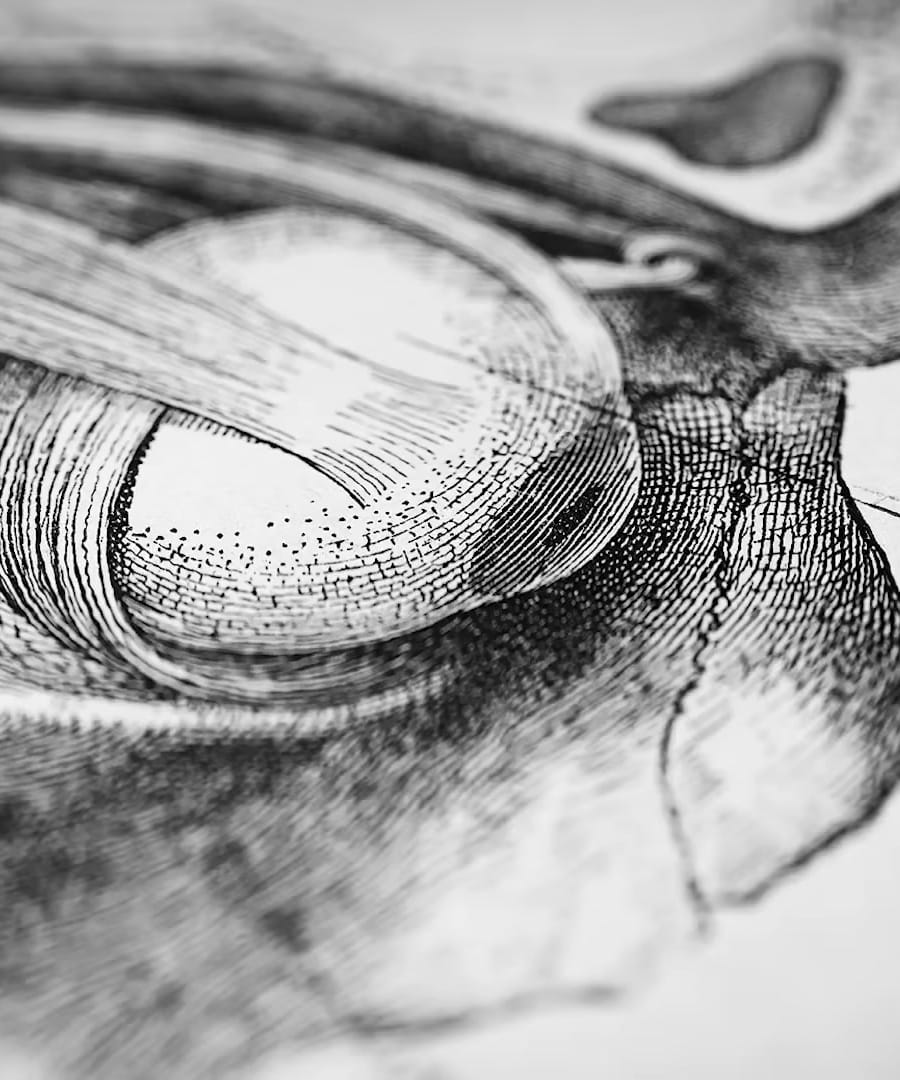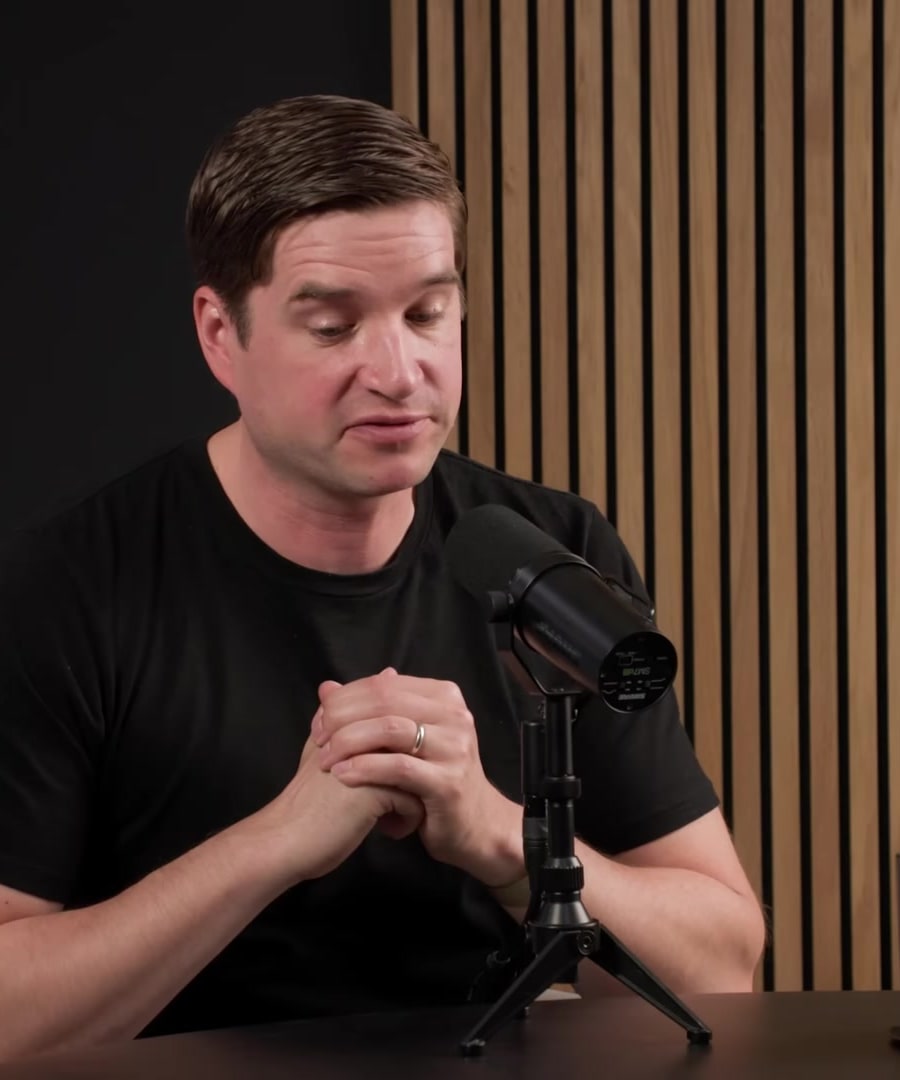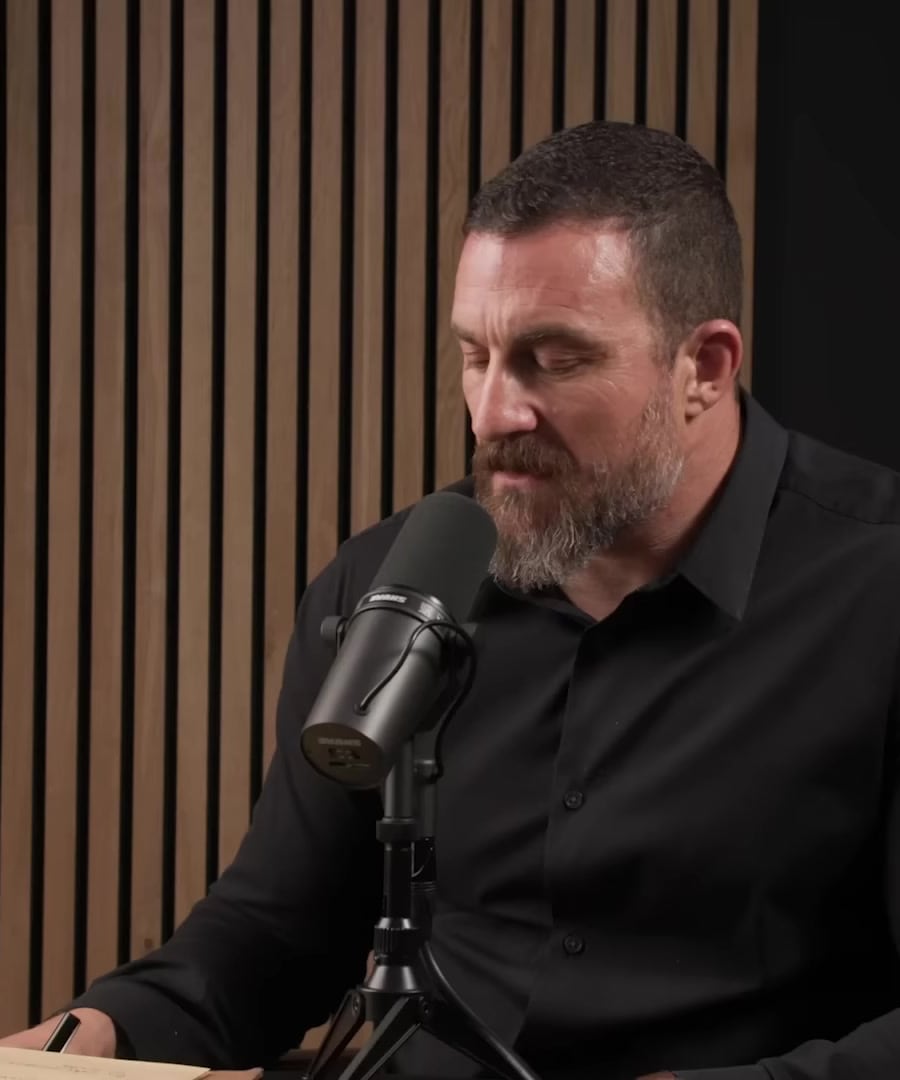what are the effects of music on the brain and learning?
Sources:
Music has profound effects on the brain and learning. Some of the key impacts include:
-
Enhanced Connectivity: Learning to play music, especially at a young age (below eight), significantly enhances brain connectivity. This enhanced connectivity persists into adulthood and facilitates other forms of neuroplasticity and learning. Even listening to novel music for about 30 to 60 minutes several days a week can expand brain connectivity and improve musical comprehension and performance 1.
-
Motivation and Movement: Music, particularly fast-paced music, activates motor circuits in the brain that predispose us to movement. It also releases neurochemicals like dopamine, norepinephrine, and epinephrine, enhancing our motivation and energy levels. Listening to motivating music for 10-15 minutes before physical or cognitive tasks can significantly boost performance and motivation 2 3.
-
Cognitive Performance: For tasks requiring intense focus, working in silence is generally more effective. Music with instrumentals may be less distracting than music with lyrics, but even then, silence tends to be optimal for cognitive performance. It's beneficial to listen to music during breaks rather than during the work itself, as this can help enhance subsequent focus and learning 4 5.
-
Emotional Processing: Different types of music can shift brain states, impacting our emotions and mood. For example, music can help process feelings of happiness or sadness. Certain songs can evoke vivid memories, engaging brain areas responsible for memory and emotional processing, such as the hippocampus and amygdala 2 6.
-
Neuroplasticity and Learning Enhancement: Music can be a powerful tool for enhancing brain plasticity, which is the ability of the brain to change in response to experience. This can extend beyond musical learning, promoting the acquisition of new skills and knowledge in other areas of life 7 8.
Overall, while music can enhance brain function, learning, and emotional processing, the context in which it is used—during breaks versus during tasks—plays a crucial role in its effectiveness.
RELATED QUESTIONS-
anything specific about playing guitar
Sources:
Playing the guitar, like learning any musical instrument, has specific benefits and challenges for brain and learning development. Here are some key insights about playing the guitar:
-
Deliberate Practice: Playing the guitar effectively involves deliberate practice, which means spending time on challenging and uncomfortable tasks rather than just playing what you already know. This type of practice is essential for growth and skill acquisition. Professional musicians often focus on this type of intensive, discomfort-driven practice to improve their skills significantly 1.
-
Effects on Brain Connectivity: Learning to play the guitar, especially from a young age, enhances brain connectivity. This improved connectivity can facilitate other forms of neuroplasticity and learning, making the brain more adaptable and efficient. This effect persists into adulthood, suggesting long-lasting benefits from early musical training 2.
-
Cognitive and Motor Skill Learning: Playing the guitar involves both cognitive and motor skills, which can be enhanced through specific mental training and visualization techniques. First-person visualization, where you imagine yourself playing from your own perspective, is particularly effective in improving these skills 3.
-
Balancing Discipline and Freedom: Effective practice and learning also involve balancing structured routines with moments of relaxation and play. For instance, mentions using moments of play, like casual guitar playing with friends, as a way to unwind and balance a structured daily routine 4.
These insights underscore the importance of structured, deliberate practice, early initiation into musical training, and the significant cognitive and emotional benefits of playing the guitar.
RELATED QUESTIONS-
Which famous guitarists have unique learning approaches?
There are no specific clips from the discussing the unique learning approaches of famous guitarists. However, has spoken generally about deliberate practice, cognitive and motor skills learning, and how structured routines paired with moments of relaxation can benefit anyone, including musicians.
If looking for insights on famous guitarists' unique learning approaches, you might consider researching individual stories of guitarists like Jimi Hendrix, Eric Clapton, or Django Reinhardt, who are known for their exceptional and sometimes unconventional methods of mastering their craft.
RELATED QUESTIONSWhat are some effective guitar practice techniques?
Sources:
Here are some effective guitar practice techniques discussed by on the :
-
Limiting Choices: Rick Rubin discusses the benefit of limiting your options when practicing. By reducing the number of choices, you can focus more deeply and solve problems in a unique way, leading to better final results 1.
-
Epoch-Based Training: suggests using training epochs. Perform a practice activity (like a specific guitar movement) intensely for 15 seconds, rest for 15 seconds, and repeat this cycle 50 to 75 times. This technique helps reinforce motor skills and can improve your accuracy and fluency over time 2.
These methods can be tailored to fit various practice routines, ensuring structured improvement and avoiding burnout.
RELATED QUESTIONS-
what are the effects of music on the brain and learning?
- RELATED QUESTIONS
anything specific about playing guitar
- RELATED QUESTIONS
Which famous guitarists have unique learning approaches?
- RELATED QUESTIONS
What are some effective guitar practice techniques?
- RELATED QUESTIONS













